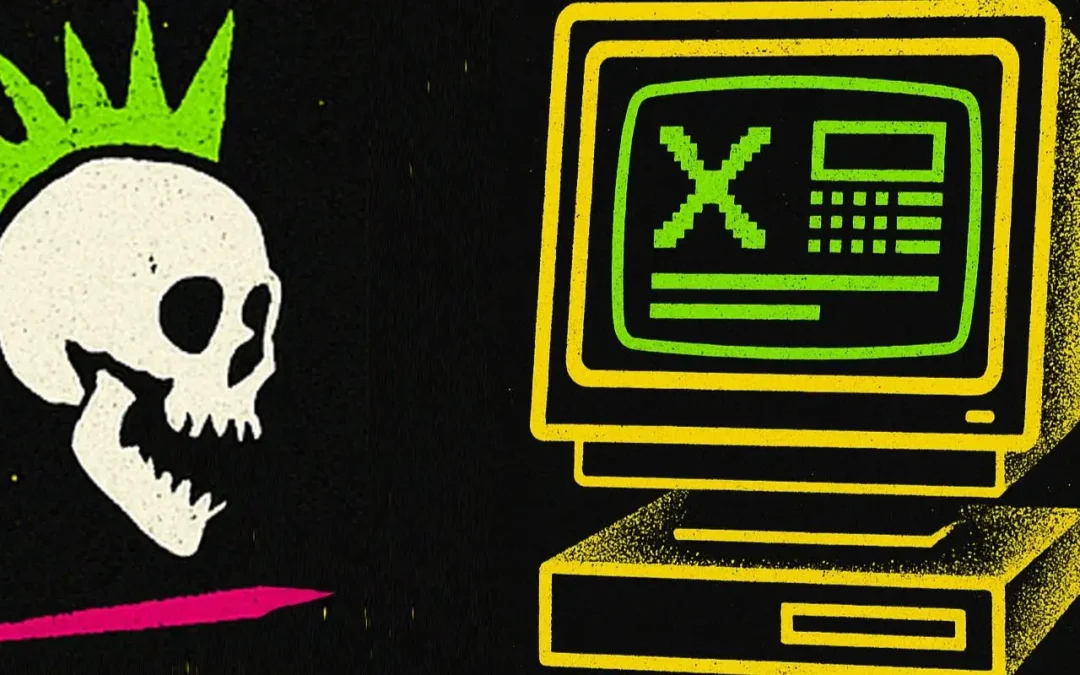So, Nvidia’s finally dropped the GeForce RTX 5060 Ti and surprise surprise. It’s fine. Not great. Not revolutionary. Just… fine. If you were hoping for a mid-range card that shatters expectations and takes names, well, you’re not getting that here. What you are getting is a GPU that looks like it wants to be everything to everyone and ends up being decent at best and confused at worst.
Performance: 1080p Hero, 4K Pretender
If you’re gaming at 1080p or even 1440p, the 5060 Ti will hold its own. It handles modern AAA titles without breaking a sweat, especially when DLSS 4 kicks in to carry the load. You get solid frame rates, decent temps, and no major performance cliffs.
But here’s the thing: we’re in 2025. A GPU that can just about flirt with 4K while leaning on AI upscaling like a drunk at closing time isn’t a flex. It’s a warning sign. Without DLSS, the card starts wheezing, and the native performance starts to feel more last-gen than it should. That doesn’t make it a bad card, but it sure as hell doesn’t make it impressive either.
VRAM: The 8GB Version Is a Joke
Nvidia, what are you even doing? Launching an 8GB version of this card in 2025 is like showing up to a knife fight with a butter spreader. It’s outdated on arrival. Games are already chewing through more VRAM than that at 1080p, never mind higher resolutions or texture-heavy titles.
The 16GB version is the only one worth looking at, and even that feels like Nvidia’s just plugging a hole in their line-up. This is the same nonsense we’ve been seeing for years—cripple the base model so the “better” version looks like a deal. Spoiler alert: it’s not.
DLSS 4: Nvidia’s Safety Net
Let’s not pretend DLSS 4 isn’t doing most of the heavy lifting here. It’s the one feature that gives the 5060 Ti some credibility. Nvidia’s AI upscaling is damn good, and it lets this card punch above its weight class but we’re dangerously close to calling DLSS a crutch.
When native performance can’t stand on its own two feet, and you need to lean on frame generation and reconstruction to keep things smooth, you’re essentially putting lipstick on a silicon pig. Sure, the results are playable, but if you strip away the AI tricks, you’re left with a GPU that’s barely outpacing last-gen offerings in raw power.
Design and Compatibility: Old-School with a Bit of Sense
Credit where it’s due. The 5060 Ti doesn’t try to reinvent the wheel. It sticks with a single 8-pin power connector, which means you can slap it into your existing build without needing a PSU upgrade or a dongle the size of a shoebox. And for once, the cooler designs from third-party partners aren’t completely over-the-top. It’s compact, efficient, and quiet enough for most builds.
But let’s be real, the lack of a Founders Edition is a red flag. Nvidia clearly wants board partners to do the dirty work, which means pricing is going to be all over the place. Want a version that doesn’t sound like a jet engine or throttle under load? Be prepared to pay a premium for it.
So, Who’s This Card Actually For?
If you’re still rocking a GTX 1660 or an RTX 2060, the 5060 Ti might seem like a solid step up… if you go for the 16GB version. You’ll get better performance, DLSS 4 magic, and an overall smoother experience in most modern games. But if you’re already on a 30-series or better, this card offers basically nothing new.
It’s not a bad card. It’s just a boring one. The kind that’ll end up in prebuilt PCs being peddled as “next-gen” by companies that still think RGB equals performance.
The Punk PC Take
This card is the GPU equivalent of a band’s forgettable third album. Competent, technically sound, and entirely devoid of risk. Nvidia played it safe, too safe. The 5060 Ti feels like a placeholder, something to fill a gap while we wait for whatever real innovation they’ve got brewing. It’s another example of the big green machine giving us the bare minimum and expecting applause.
So no, we’re not hyping this one up. If you’re desperate to upgrade, grab the 16GB version and don’t look back. But if you’ve got the patience, wait for the next wave or scour the used market. You’ll get more bang for your buck and keep your build from turning into a corporate compromise.
At Punk PC, we don’t settle. You shouldn’t either.






